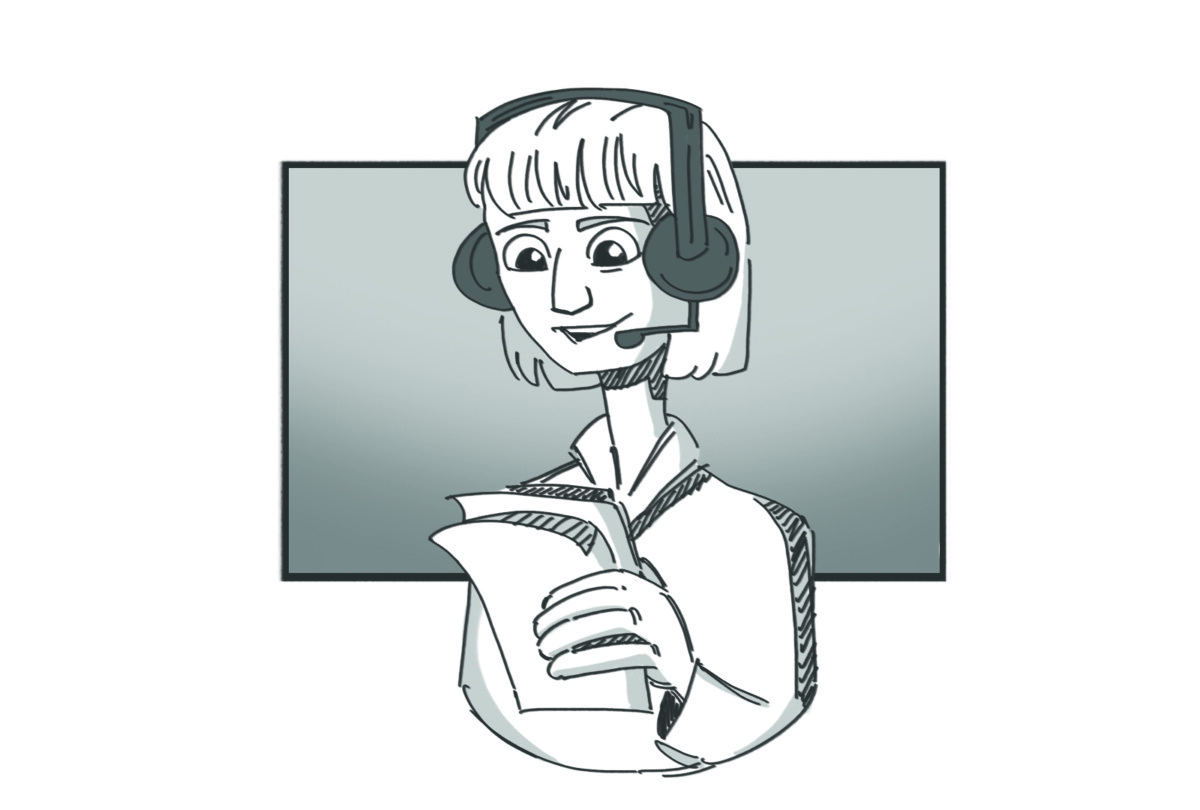NHL players refusing to wear Pride Night jerseys is absurd
After what seemed like good steps towards inclusivity in the NHL in the past few years, things are going backwards after some teams cancelled their Pride Night celebrations because players refused to wear Pride jerseys during warm-ups.
Ivan Provorov of the Philadelphia Flyers was the first NHL player to refuse to wear a Pride Night jersey and to not participate in warm-ups for that reason, despite playing in the game later on.
Many others, including Eric and Marc Staal of the Florida Panthers, followed suit. In both cases, the teams still held their Pride Night celebrations. Other teams — the New York Rangers, Minnesota Wild, Chicago Blackhawks, and St. Louis Blues — completely discarded their Pride Night warm-ups.
Pride Nights are held to celebrate the LGBTQ+ community and make everyone feel welcome in hockey. The special jerseys worn during warm-ups are designed by someone from the LGBTQ+ community, and are later auctioned off to a charity of that community.
While the rest of the team is wearing these beautiful jerseys to celebrate inclusivity, why is opting out even an option?
Well, the reasons stated for refusing to wear them have either been religious beliefs or safety concerns, the latter referring to Russian players who have families in Russia, where same-sex marriage has been constitutionally banned since 2020.
However, the act of wearing these jerseys on its own doesn’t mean support for the LGBTQ+ community. Support comes from much more than just wearing a jersey. But it is a good first step to help fans feel welcome, and it’s also for a good cause.
Now, I can maybe understand the safety concerns for Russian family members, although I still don’t understand how wearing a jersey means anything.
But more importantly, what about the safety of all the marginalized and mistreated LGBTQ+ people in Canada, the United States, and especially in a country like Russia?
If a player is that afraid of the consequences of wearing a rainbow jersey, then perhaps they could also show some concern for the LGTBQ+ community in their home country — and maybe make a donation (of whatever the jersey would’ve been auctioned off for) to an LGTBTQ+ organization, either in the country they play in or back home.
However, the absurdity really comes in when people claim they can’t wear a rainbow jersey because of their “religious beliefs.”
First of all, I wasn’t aware that any religion forbids wearing rainbow jerseys (because once again, wearing these jerseys doesn’t mean supporting anything).
Second of all, if someone is that religious, why do they get to pick and choose what aspect of religion they want to follow? If their religion is against supporting LGBTQ+ people, chances are it also is against working on a Sunday, lying, or sleeping with a partner before marriage. But these players are obviously choosing what they want to “believe in.”
Let’s take the example of the Staal brothers. They both stated religion as the reason for not wearing Pride Night jerseys. However, when Eric was playing for the Montreal Canadiens, he (and the entire team) wore Pride-themed jerseys for Pride Night warm-ups.
His reaction when a reporter brought it up? “I haven’t worn a Pride jersey before.”
Well, there’s a video that proves otherwise, Eric. And I thought lying was a sin in Christianity…
This just proves that if these players weren’t given the option to opt out of warm-ups during Pride Night, they would’ve worn the jerseys — just like Eric did when he was with the Canadiens.
Moreover, the Flyers allowing Provorov to refuse really started an unnecessary wave of players feeling empowered to follow suit.
There is still a lot to be done for hockey to be an inclusive sport, but right now it only seems to be getting worse.
A lot of players have been speaking out about how much it means to them and the fans to hold these events, and even if that’s just a glimmer of hope for inclusivity, it’s better than nothing.
I would also much rather see which players are refusing to wear these jerseys than have Pride Nights cancelled because of a minority who don’t want to participate.
This doesn’t change the fact that grown men being afraid of rainbows is absurd, and no matter what their reason is, if they weren’t allowed to opt out, they wouldn’t be doing it.
After all, no player has opted out of wearing a military-themed jersey for Military Appreciation Night, have they?
So why should it be any different for Pride Night?
